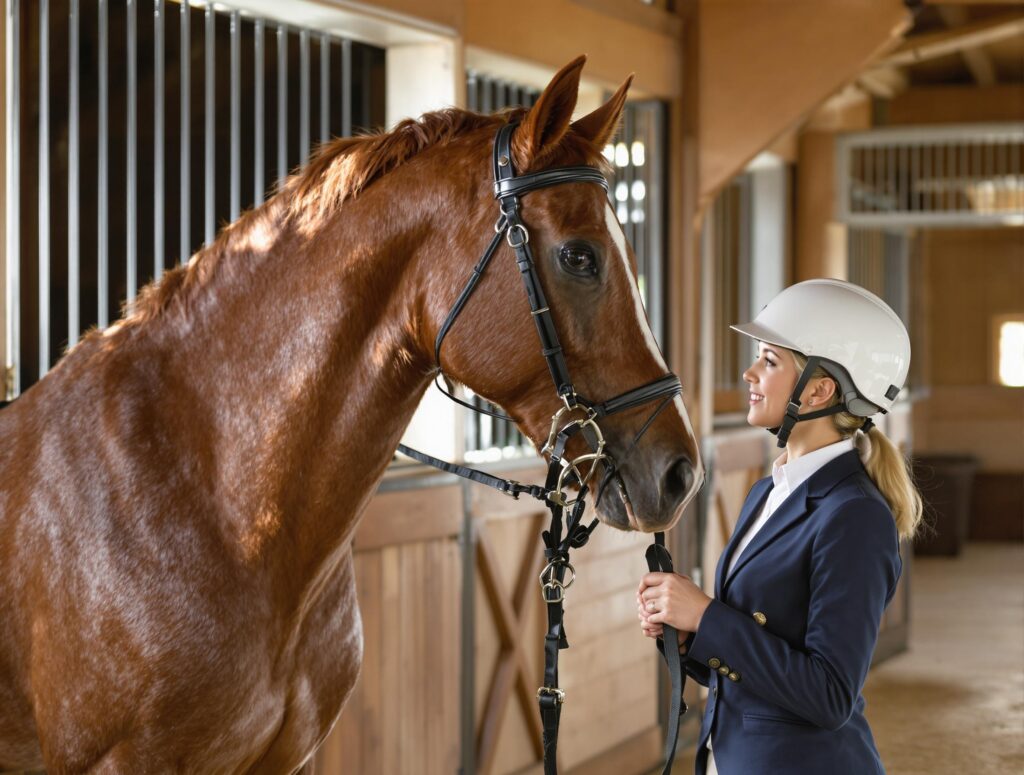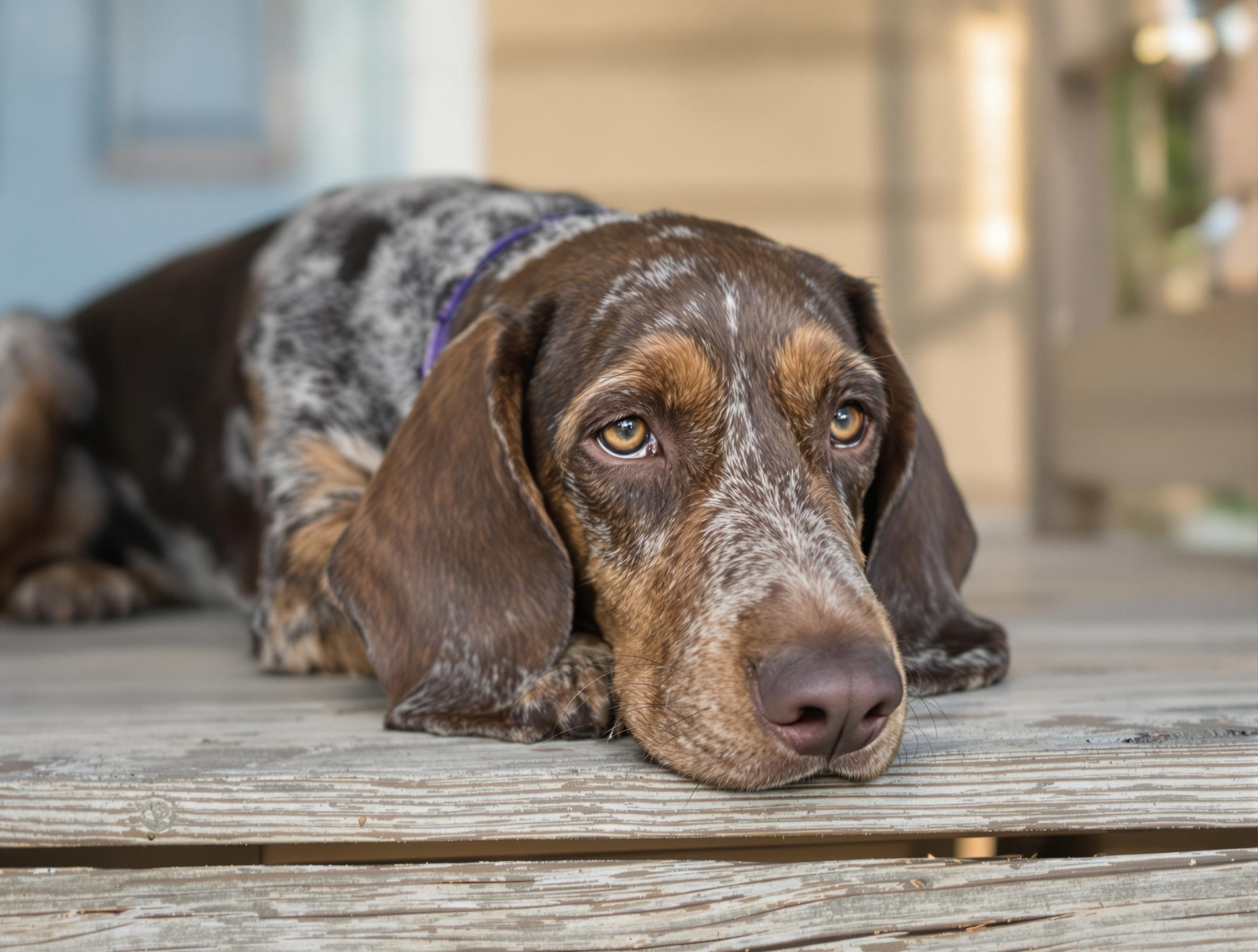Horses are gentle, sensitive animals, but they’re also large and incredibly powerful. Even experienced riders run the risk of getting injured. With these basic safety practices, though, you can keep yourself safe from preventable riding injuries.
1. Never, ever approach a horse from their rear. You’ve likely heard this safety tip many times before, but it bears repeating. Horses can kick when they are startled. If you’re not sure if your horse is aware that you are approaching, speak softly to them and wait for them to turn their head.
2. Make sure your horse is ready to ride. If your horse seems lethargic, moody, or in pain, do not ride them. Horses are prey animals that tend to hide symptoms of an injury, so you may not immediately notice if your horse is ill-prepared to ride.
3. Check the weather conditions before you head out. Sudden rains can quickly make the ground slippery. If it’s very hot out, you and your horse could be at risk for heat exhaustion and dehydration.
4. Always wear your riding helmet. Traumatic head injuries cause about 60% of deaths associated with horseback riding accidents. Your riding helmet should be ASTM approved, and it should fit properly. Your helmet should fit snugly, and when worn properly, it should “lock” onto the back of your head.
5. Always dress properly for riding. Your clothing should provide adequate protection against scrapes, and it should be snug-fitting, as loose fabric can get caught in your horse’s gear. A vest can help protect you against some rib and shoulder injuries. Wear boots or shoes with a smooth sole and a 1-inch heel to keep your feet from slipping out of the stirrups.
6. Use safety stirrups. One of the most devastating injuries that can result from horse riding is falling off and getting dragged alongside the horse. A moderate fall quickly becomes dangerous when the horse gets spooked as their rider is suspended from the stirrup. Safety stirrups are usually secured with a magnetic or rubber band closure that can quickly release in case of a fall.
7. If possible, make sure you always have a riding buddy, especially if you’re inexperienced. Before you leave, let someone know where you are going and how long you expect to be out riding. Always bring your cell phone, and make sure it’s charged before you leave.
8. Take care with lead ropes. Never loop the rope around your hand, and do not step over or onto it. When your horse moves, the rope can tighten around your hand and crush your fingers.
9. Never rush. Rushing leaves us prone to mistakes, especially at the end of a riding session. Remember that horses are unpredictable. Even the most well-tempered horse can get irritable or spooked.
10. Always ride a horse that matches your skill level. Confidence is key, if you’re feeling nervous or unsure, get assistance from someone who is more experienced.




